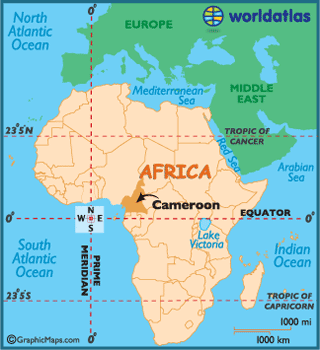Before I tell you about my fantastic
Thanksgiving on the beach (in a separate post), I figured I’d better describe
the weekend before last. Invited by our history professor with the program, we
went to a deuil, which is kind of
like a funeral celebration. We only attended part of the weekend’s
activities—after the tears—the festivities. One of the main reasons we went was
to see traditional dancing, which was a big part of the celebration. The more
dance groups you invite, the more important the person who died. Well, there
certainly were lots of dance groups. One tradition is to hold money up to your
forehead, dance to the middle of a group and drop the money on a dancer.
As you can (hopefully) see, I had a pretty
good time. One of the reasons I wanted to go to Africa was to experience
traditional events like this. And to think, we were still in the middle of the
city!
Time has an interesting rapport here. It’s a
mix between age-old traditions, like these dances or using a giant
mortar-and-pestle to prepare dinner over a fire, and new-fangled toys—Blackberries,
taxis, ovens. My classmates always have varied clothing: one day a full
traditional costume or dress in a classic vibrant fabric, the next jeans, a
T-shirt, and wedge heels. Walking down the cobbled streets of Europe, or
viewing pieces of Egyptian hieroglyphics in a museum, I get the sense of having
a connection with something ancient, deep in the past. Here, I don’t find
that—the buildings aren’t particularly old, there aren’t many landmarks dating
back to the umpteenth century—but there is a certain timeless about life here.
Certain cultural aspects have remained the same for much longer than Notre Dame
Cathedral or the Liberty Bell existed.
Anyway more coming (I’m sorry, I feel like I
keep saying that. But, seriously), hopefully lots of pictures of Anglophone
Cameroon, the mountain, and the beach. Hope you all had a wonderful Thanksgiving
as well!
P.S. I added more pictures to my food post, so check back.









